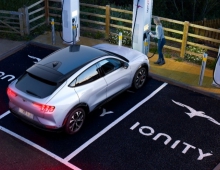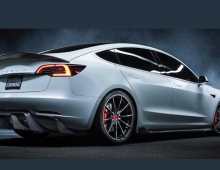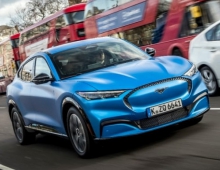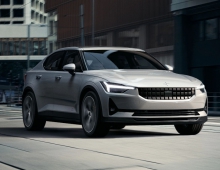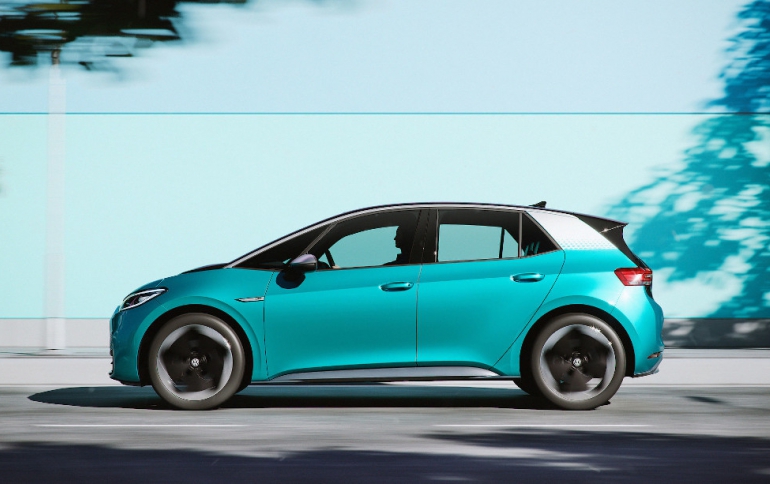
Volkswagen Says Electric ID.3 Will Cost as a Car With an Internal Combustion Engine
With the market introduction of the ID.3 this summer, Volkswagen plans to make e-mobility affordable for many people.
The basic version of the ID.3 will be less expensive in Germany in terms of acquisition and operation than comparable internal combustion models. As regards operating expenses alone, ID.3 drivers in Germany will save about €840 per year.
“With the ID.3, the electric car will finally become affordable. This model is entirely fit for everyday use and even costs less than an internal combustion model thanks to the environmental bonus,” says Thomas Ulbrich, Member of the Board of Management of the Volkswagen brand responsible for E-Mobility. Currently, preparations for the delivery of the ID.3 are well underway. “The time schedule will be met,” Ulbrich confirms. "The ID.3 will be introduced to the market in the summer, as announced."
The ID.3 will be the first updatable electric car from Volkswagen based on the modular electric drive toolkit (MEB). During production, the current software version will initially be transferred to the vehicle. Over subsequent months, the digital functions will be regularly updated. The objective is to deliver the 30,000 pre-booked ID.3 vehicles in the 1st Edition to customers throughout Europe at almost the same time.
Next generation cars will be equipped with software, sensors and processors that enable vehicles to anticipate and avoid accidents, and to keep learning new reflexes, the German car brand’s strategy chief Michael Jost said in Berlin.
“How quickly can data and algorithms improve? Our customers should benefit from deep learning every week, and every day. We are moving from being a device company to being a software company,” he said.
“We want to have no more accidents by 2050,” he said.
The basic version with a range of 330 kilometers costs less than €23,430 in Germany, following deduction of the environmental bonus. It is therefore at least as inexpensive as comparable models such as the Golf Life. In addition, ID.3 drivers in Germany save about €840 per year on operating expenses. Among other items, there is no road vehicle tax, no oil changes are required and the ID.3 is assigned to a less expensive insurance class (class 17). Energy costs are also lower.
Like the ID.3, the next ID. model from Zwickau is also to be offered with a neutral carbon balance. Volkswagen will be bringing the first electric SUV produced with a neutral carbon balance onto the roads with the ID.4, Ulbrich announced in Berlin: “With the ID. family, we are showing that clean mobility as possible. The best thing is that driving an electric car not only protects the environment and your bank balance but is also enjoyable. I am very much looking forward to bringing the ID.3 to our customers in the summer.”
Ulbrich also admitted that Tesla has a 10-year start on rivals when it comes to building electric cars and software.
“Tesla is an impressive manufacturer,” Ulbrich said. “It is a motivator for us. Tesla has 10 years more experience. But we are very quick in catching up.”
Furthermore, Volkswagen offers its customers a number of possibilities of charging their electric cars with climate-friendly power. For charging at home, CO2-free Volkswagen Naturstrom is available. On the roads, the fast charging parks of the IONITY joint venture offer 100 percent eco-power – just like charging stations at the Volkswagen plants.
Deliveries of the compact ID.3 will start in the summer and the world premiere of the ID.4 will also take place this year. In addition, the production of Volkswagen’s new electric car generation in China will start at the end of the year.
The VW brand expects to build 1.5 million electric cars by 2025. Volkswagen Group, whose brands also include Porsche, Audi, Skoda, Bentley and Bugatti, will launch 75 electric cars by 2029 and be capable of building 26 million vehicles.


